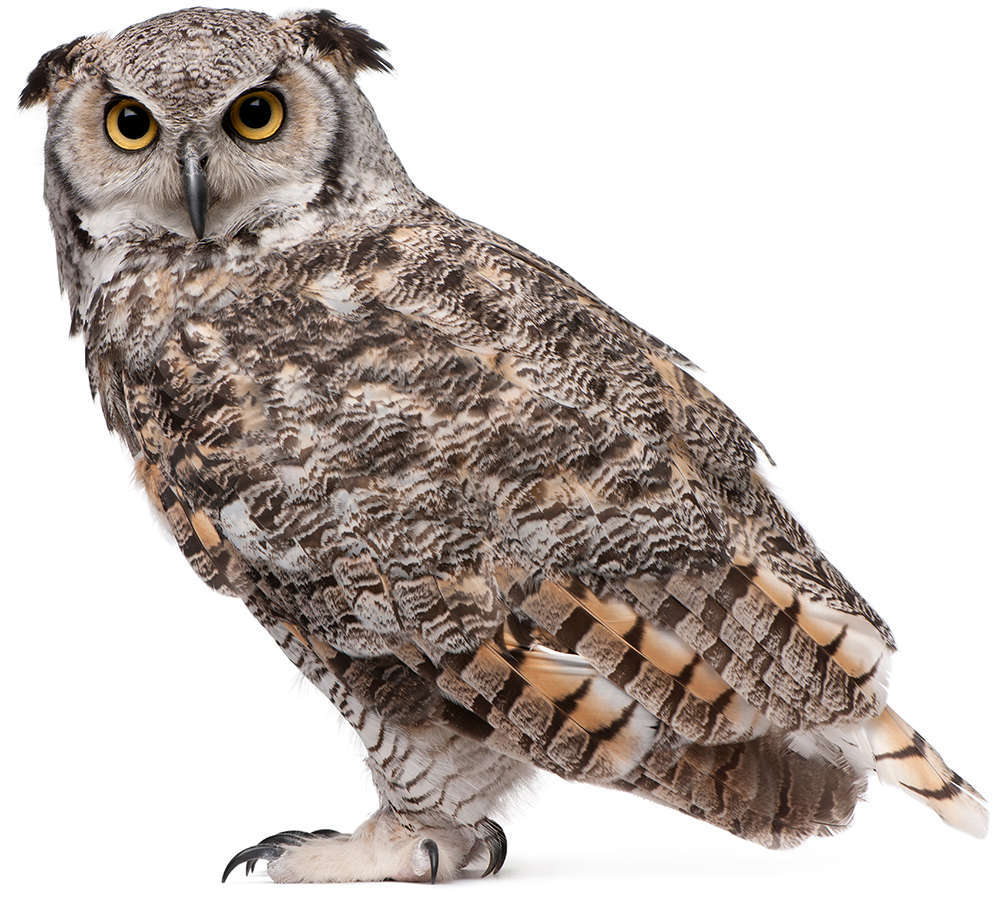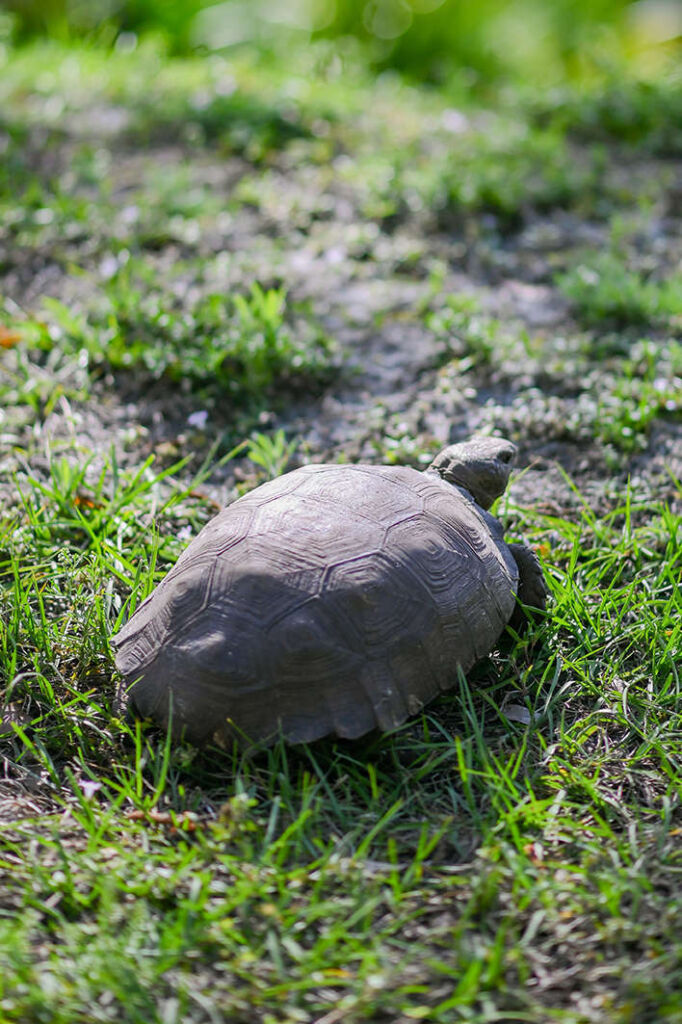Keeping Wildlife
wild
Together We can be Heroes for Wildlife!
It’s common to see wild baby animals outside, especially during the spring months, as a new generation makes its way into the world. Wild baby animals might seem like they need our help, but unless the animal is truly orphaned or injured, there is no need to intervene.
Most people genuinely want to help animals, especially orphaned wildlife, but removing infants from the wild often does more harm than good. Wildlife parents rarely abandon their young. If you don’t see a parent, that doesn’t mean they aren’t there—they may be off foraging for food or hiding from you.

Found an Injured or Orphaned Animal?
You think you have found an injured or orphaned animal, but don’t know what to do next? First, the most important thing to do is patiently observe the animal and its surroundings to decide whether or not it really needs assistance.
Before taking action, ask yourself these questions:
1 Is the animal truly injured and in need of human help?
2 Has the animal been captured by another animal?
3 Is the animal truly orphaned?
4 Are the parents nearby?
If you have determined the animal found is either injured or orphaned, it is important to remember to never handle a wildlife animal without first consulting with a wildlife professional. Even small animals can injure you and you could inadvertently injure or harm them.
If you have found injured, orphaned or sick wildlife, please contact one of the local resources below.

What to do
If you see an animal that is visibly injured or struggling, please contact your jurisdiction’s Animal Control.
Indian River County Animal Control
4305 43rd Avenue #102B
Vero Beach, FL 32967
(772) 226-4799
City of Vero Beach Animal Control
1055 20th Street
Vero Beach, FL 32960
(772)-978-4600
Wildlife Resources
If you found an animal that is visibly injured or struggling after hours, please contact one of these resources.
- Florida Wildlife Hospital | (321) 254-8843
- Busch Wildlife Sanctuary | (561) 575-3399
- Florida Fish & Wildlife Regional Office | (352) 732-1225
Before You Rescue
If you have found an animal but you believe you can help re-nest or reunite them with their family, please see below for specific species information.
Many baby birds that are found on the ground are supposed to be there. However, if you find a featherless, downy, or incompletely feathered bird, it will need your help. If the bird appears uninjured, the best chance of survival is it is returned to the nest.
Use caution. Gloves and eye protection are a must. Loosely covering the bird with a towel and placing it in a box or bin is the safest way to get them to a wildlife center.
Visit floridawildlifehospital.org/found-a-seabird/ for more info.
Wild baby bunnies are most often not orphaned! The best thing you can do is put the bunny right back where you found him, in the general area, as the mom will only come back at night to call and find him. Leave the area. If you find a baby with eyes open, and he appears healthy, leave them be.
Opossum are not aggressive: their open-mouth, defensive hissing is merely a bluff to look vicious. And if that doesn’t work they play dead when really scared! If there is an opossum in the backyard, don’t worry. They aren’t a threat, and more than likely they will be moving on in a short while.
Raccoons are the highest rabies carriers in Florida. Do not handle unless absolutely necessary – make sure to wear gloves.If a baby raccoon is found alone and seems healthy, they should be left in the place they were found so that mother has a chance to return and retrieve them.
Just like birds, young squirrels often fall out of their next and do not always need to be rescued. If a juvenile squirrel continuously approaches and follows people, her mom is probably gone.
If the baby and/or his nest fell from the tree today, give the mother squirrel a chance to reclaim her young and relocate him to a new nest. If the baby is uninjured, leave him where he is, leave the area, keep people and pets away and monitor him from a safe distance.
Both turtles and tortoises are never considered orphaned because they hatch alone and are able to forage on their own. If you find one, leave it alone. If helping cross the road, safely place the reptiles on the side they are attempting to cross.
If the animal appears injured, please call us.
6230 77th Street
Vero Beach, FL 32967
Monday – Friday
9:00 a.m. – 6:00 p.m.
Saturday – Sunday
9:00 a.m. – 5:00 p.m.

